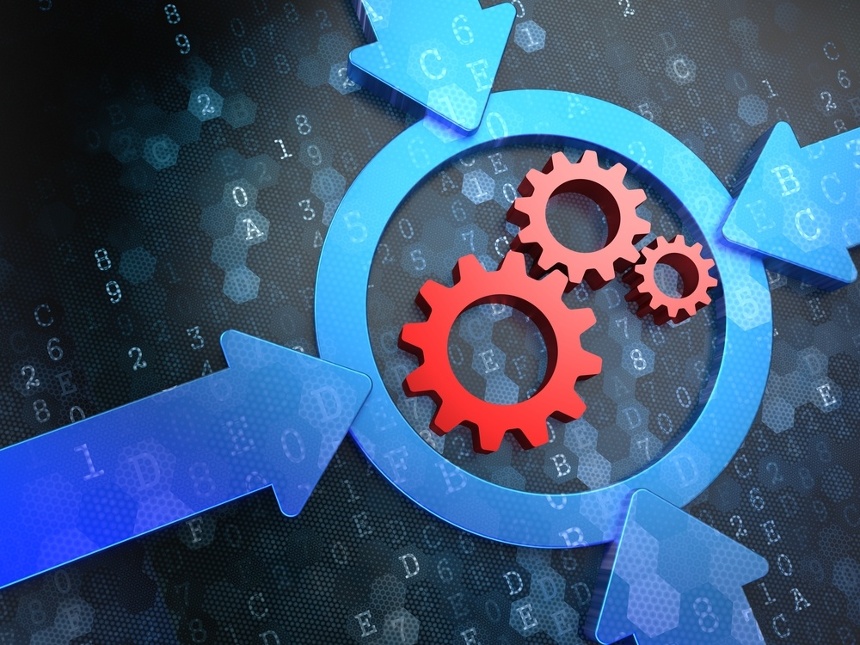Revenue Cycle Management (RCM) + Electronic Health Records (EHR) Enhances Patient Care

Sometimes, it seems as if the entire world has gone digital. Likely because in many ways, it has. However, there’s one industry that has been more reluctant than others to digitize. While there are plenty of healthcare organizations that have moved to digital Revenue Cycle Management (RCM) and Electronic Health Records (EHR), a huge number still have not.
There are several explanations for this. One is the sheer volume of records healthcare providers and hospitals generate and store; it’s an enormous amount, and the type of information being handled is complicated. Another is the sensitivity of the information. HIPAA (Health Information Portability and Accountability Act) regulations are incredibly serious, and violating them, even without knowledge of doing so, can lead to both major fines and a loss in patient trust, not to mention a potential PR nightmare for large organizations.
So, it’s not an unreasonable thing that healthcare is lagging behind as an industry in terms of RCM and EHR. However, the many pros of doing so ultimately far outweigh the cons, which is why even the smallest family practices have started to make the move. Two benefits, in particular, stand out: improving operational efficiency (and therefore, profitability), and improving patient care and overall treatment outcomes.
What can be difficult for many to understand are the ways in which these two benefits are linked, but the reality is that they’re two halves of a whole. After all, it’s easy to assume that operational efficiency means making cuts that would ultimately negatively impact patient care. But this simply isn’t true when the implementation of RCM and EHR is done correctly.
The link between RCMs and EHRs. Better patient care, improved financial outcomes.
The bottom line is that RCM systems are what track the resources necessary for every medical facility or clinic to operate. If these operations aren’t being adequately supported by an efficient RCM, patient care will be the first thing to deteriorate. This is why RCMs should be viewed as directly impacting patient outcomes.
EHR systems, on the other hand — such as those offered by athenahealth and Kareo — create efficiencies that allow for enhanced patient care in several ways. How? In a time-pressured setting of clinical care, a quality EHR will free up time for practitioners to spend more time with patients, and less on administrative paperwork.
When EHR and RCM systems are working in harmony, they harness enormous efficiencies across multiple areas that ultimately strengthen both financial outcomes and patient care. It’s why so many organizations have wisely chosen to invest in EHR and RCM integration; it has the power to positively affect functional areas from administrative to clinical to financial business units, ultimately resulting in major cost savings.

